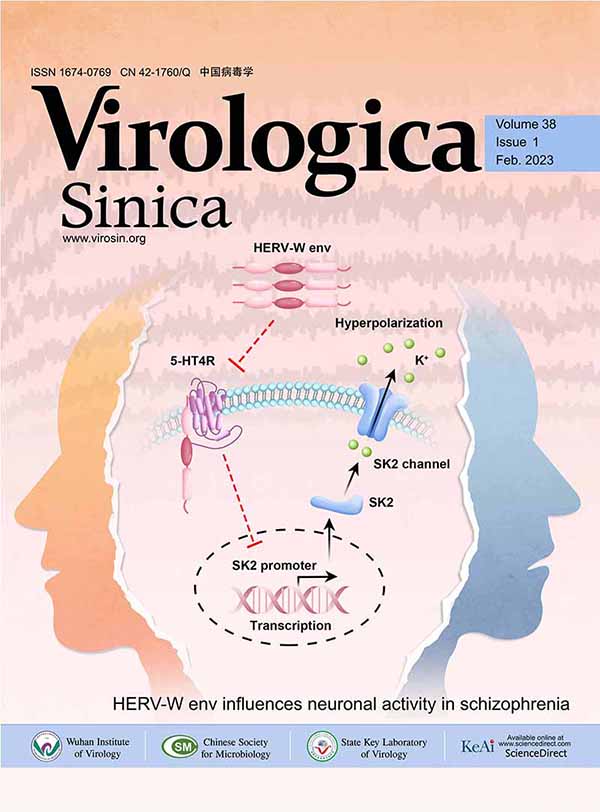Study on Immunuogenicity of HPV 16 E7 Variant
Abstract: The HPV E7 variant shares the same coding sequence with the wild type E7 except that the 43rd cordon was mutated from CAA to TAA. The recombined plasmid pcDNA3.1-(by) E7 DNA and pcDNA3.1-(ys)- E7 DNA, were constructed by molecular clone technology, and then injected into mice intradermally respectively. The serum and the spleen lymphocyte suspension of the mice were isolated respectively at different time. The specific antibody was detected by ELISA and the lymphocyte proliferative response was detected by MTT method. After gene immune, the result of ELISA showed both the HPV16 (ys) E7 and HPV16 (by) E7 could induce specific antibody. The result of MTT method showed in comparison to HPV16 (ys) E7, no specific lymphoproliferation after E7 protein restimulation in vitro was detected in HPV16 (by) E7 group. The results suggested that the variant E7 protein could induce host humoral immune response, but could not elicit special cellular-immune to it, which indicated that HPV16 E7 variant was different from wild type HPV16 E7 in both structure and immunuogenicity, perhaps resulting in escaping the nature infection and the response induced by vaccines, leading to persistent infection. Furthermore, this experiment offered reference for other studies on virus variant which can’t be cultivated in vitro.













 DownLoad:
DownLoad: